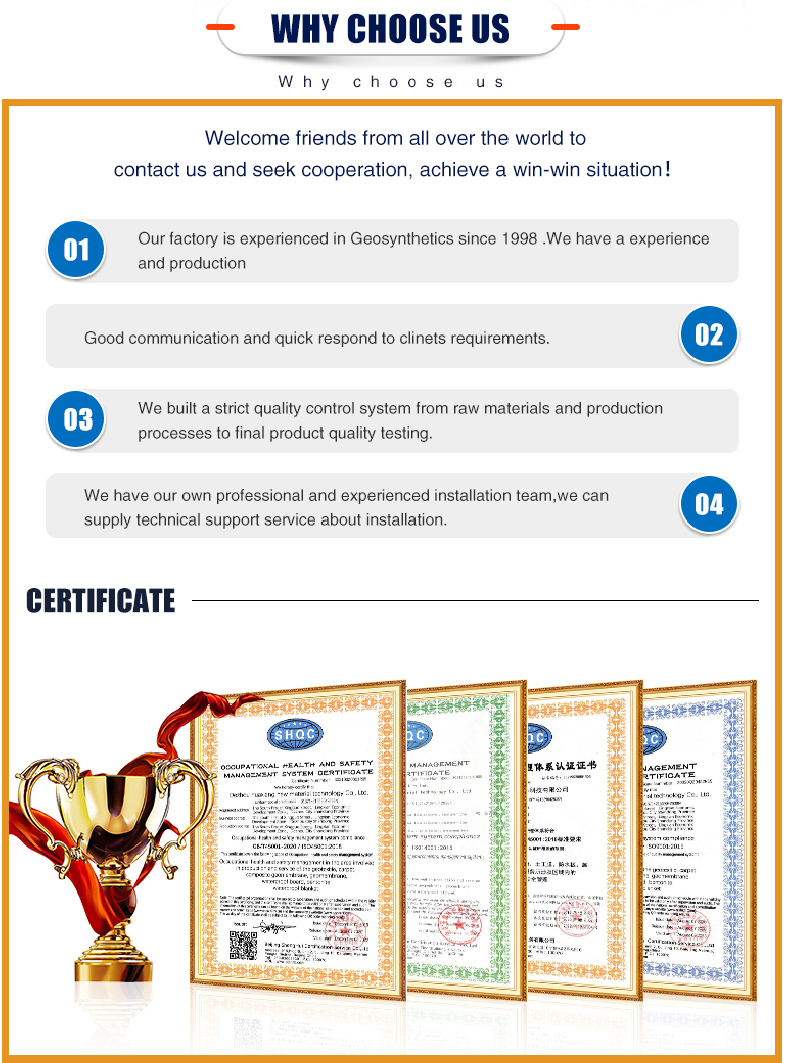Tube heat exchanger products are integral components in a wide range of industries, including power generation, chemical manufacturing, and heating, ventilation, and air conditioning systems. These devices facilitate heat transfer between fluids, ensuring efficient temperature control in different uses. The construction of tube heat exchangers make them versatile and reliable in industrial and commercial environments.
Tube heat exchangers primarily consist of a series of tubes, with one set designated for hot fluids and another for cold. The hot fluid flows through one set, while the cold fluid circulates around or through a separate set. visit this web page link arrangement enables heat transfer without mixing the fluids, keeping the fluids separate while effectively transferring heat.
 Tube heat exchangers come in various configurations, with shell and tube designs being the most common. In this design, tubes are housed within a cylindrical shell, enabling one fluid to pass through the tubes while another flows around them. Double-pipe designs feature a simpler design with one pipe inside another, providing a compact option for smaller applications. U-tube models, where tubes are bent into a U-shape, accommodate thermal expansion and are suited for fluctuating temperatures.
Tube heat exchangers come in various configurations, with shell and tube designs being the most common. In this design, tubes are housed within a cylindrical shell, enabling one fluid to pass through the tubes while another flows around them. Double-pipe designs feature a simpler design with one pipe inside another, providing a compact option for smaller applications. U-tube models, where tubes are bent into a U-shape, accommodate thermal expansion and are suited for fluctuating temperatures.
Tube heat exchangers are designed for robustness and efficiency. The materials usedtypically stainless steel, copper, or titaniumare selected based on the operating environment and the fluids involved. Resistance to corrosion is essential, particularly in chemical industries with harsh fluids. The design allows for easy maintenance and cleaning, important for maintaining long-term performance and avoiding fouling, a common issue that reduces heat transfer efficiency.
Tube heat exchangers are highly flexible. The modular design enables customization of size, shape, and arrangement for specific project needs. Their ability to handle high pressure and temperature makes them suitable for challenging industrial applications.
Tube heat exchangers are used across various industries, including power plants for cooling water, and in oil refineries, where they help manage fluid temperatures in distillation processes. They are crucial in HVAC systems, providing effective heating or cooling in commercial buildings.
